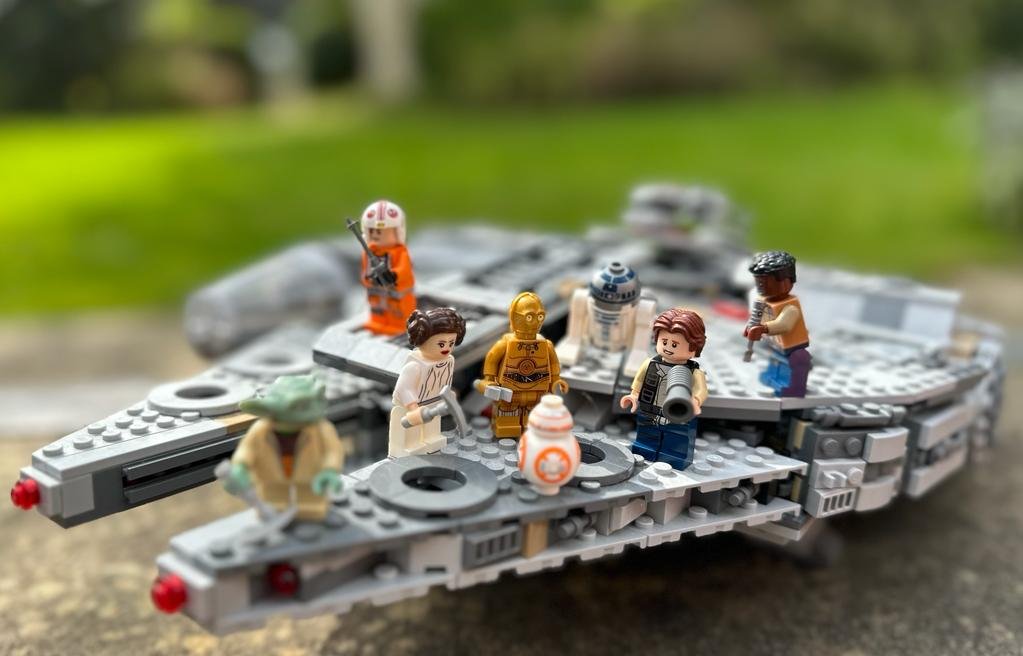Decoding AI: From Chatbots to a World of Possibilities
Image credit -Bella & Freddie Spooner
I’m never the first person to embrace new technology but with all the publicity around it, I have finally logged onto ChatGPT to see what it’s all about. I thought I was finally embracing the world of Artificial Intelligence, but what I realised is that AI is so much more than a clever chatbot. Whether we realise it or not, AI is already a part of our daily lives, shaping the way we interact, the way we work, and even shop.
At its core, AI refers to machines impersonating human intelligence to perform tasks. It might sound straight out of sci-fi, but AI is everywhere, from the algorithms influencing your social media feed, to Alexa telling you what the weather will be.
If you’ve used ChatGPT, you’ll know it is clever, it’s trained on using patterns in data to generate responses and has raised many ethical questions around its use.
AI is far more than a tool to quickly create written content or answer a question; Imagine self-driving cars, powered by AI's understanding of the road and traffic; think about the recommendations of your next TV series that seem to know your taste better than you do, and what about the ability to detect illnesses faster and more accurately than even the sharpest human eye? It's not just convenience; it's about new possibilities.
The key thing to remember is that AI isn’t about replacing us; it's about empowering us. Take healthcare for example, AI can analyse medical data, such as X-rays, MRIs, and patient records, helping in disease diagnosis, drug discovery, and personalised treatment plans, leading to faster treatments and better outcomes, all of which is huge progress. Or the legal industry, where AI can perform enhanced legal research, document review or contract analysis in a fraction of the time that a human can.
But whilst Artificial Intelligence can successfully deliver a series of clearly defined tasks, it can’t replace people completely.
Think of the medical professionals who bring empathy and support to their patients, or the judge and jury who demonstrate expertise and knowledge taking individual circumstances into consideration, something AI just can’t do.
Over the next few weeks we’ll be delving more into the world of AI, its benefits, its challenges, how we can make it work for us and what the future may hold.

